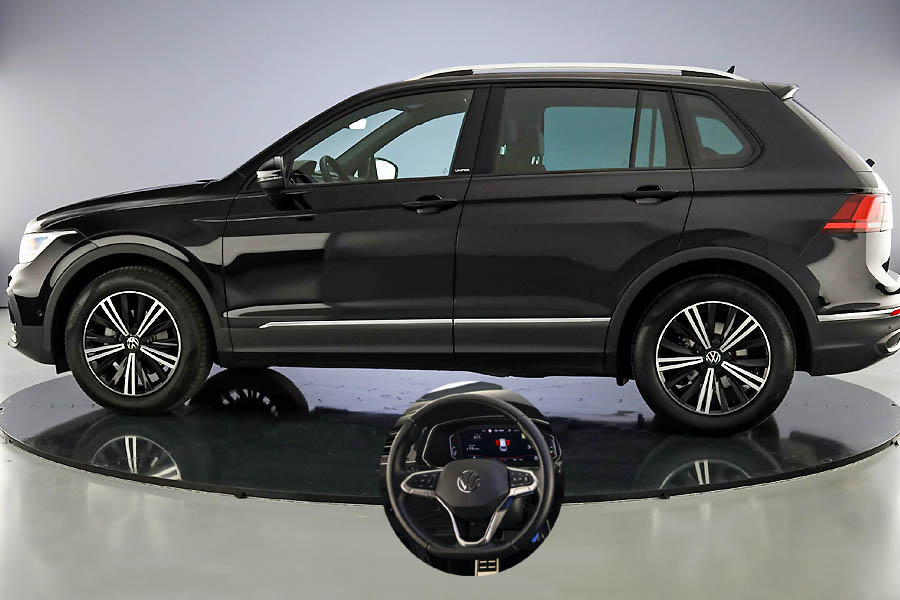
Volkswagen, aiming to reclaim its position as the world's leading automaker in China's booming electric vehicle (EV) market, has invested $700 million for a 5% stake in Chinese EV startup Xpeng. The two companies plan to jointly develop two new electric vehicles under the Volkswagen brand, set to hit the Chinese market in 2026. The investment is a boost for Xpeng, which had faced sales decline earlier this year amidst a price war in China's slowing EV market.
China's Swift Innovation and EV Dominance:
Ralf Brandstätter, Volkswagen's China chief, has praised China's speed of innovation, acknowledging that the dynamics in the country far surpass Europe or the USA. As Chinese EV startups capitalize on the rapid adoption of electric vehicles, Volkswagen has recognized the need for local expertise to compete effectively in the EV market.
Volkswagen's Recognition and Partnership:
By investing in Xpeng, Volkswagen acknowledges the difficulty of catching up with local peers without Chinese know-how. The partnership is seen as a validation of China's globally competitive electric car industry. To bolster its position in China, Volkswagen is also collaborating with its existing Chinese partner, SAIC Motor, to develop premium EV models.
The Growing Influence of Chinese EV Makers:
Chinese EV manufacturers have outpaced their foreign counterparts, capturing a significant portion of China's wholesale car market. With the rise of EVs, traditional automobile giants like Volkswagen must adapt to the changing landscape and align with Chinese EV startups to thrive in the market.
Importance of China's EV Market:
China's status as Volkswagen's largest single market cannot be underestimated, as it contributes significantly to the automaker's annual global deliveries. To secure a strong foothold, Volkswagen has sought to expand its operations in China, investing in research centers for EVs and forging alliances with local companies.
Volkswagen's strategic investment in Xpeng and its collaboration with Chinese EV startups reflect the shifting dynamics in the global automobile industry. As China's EV market continues to grow, traditional automakers must embrace partnerships and innovations to stay competitive. The EV race has leveled the playing field, where technological leadership in traditional vehicles is no longer a competitive edge. With China's EV dominance firmly established, collaboration with local players becomes a vital strategy for success in the world's largest automotive market.